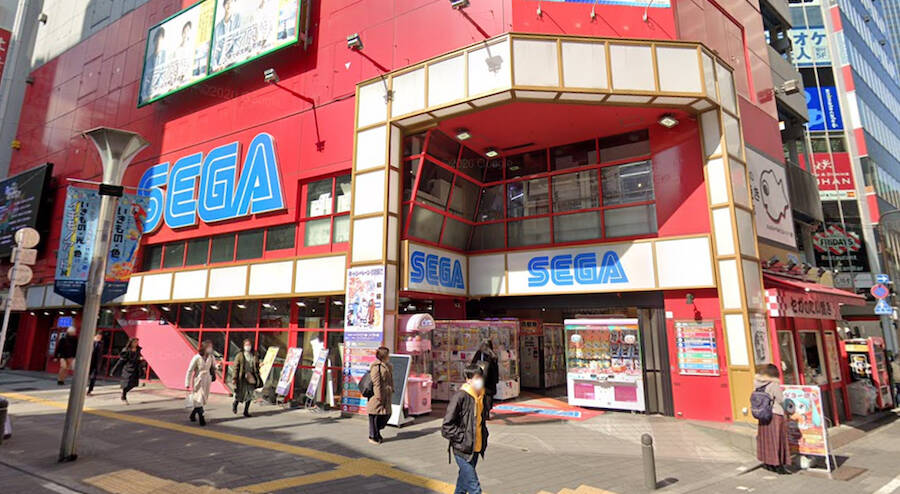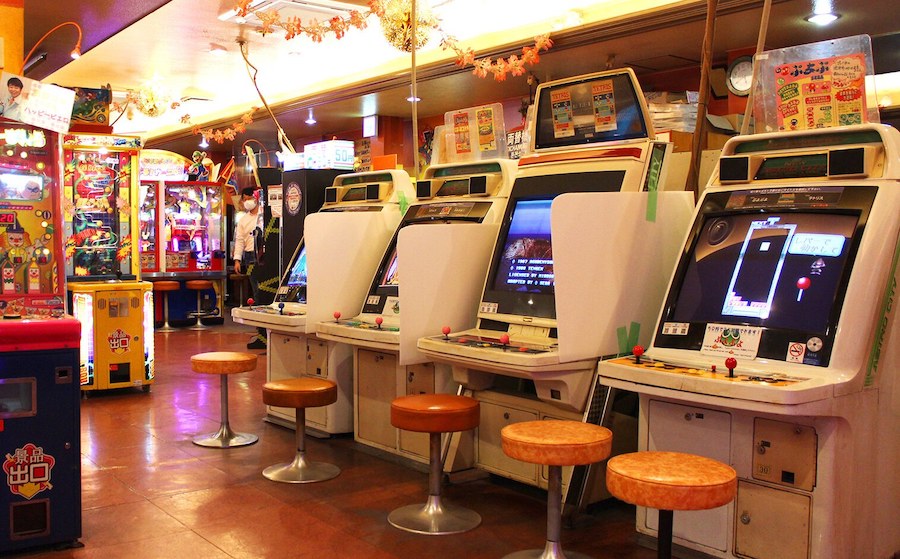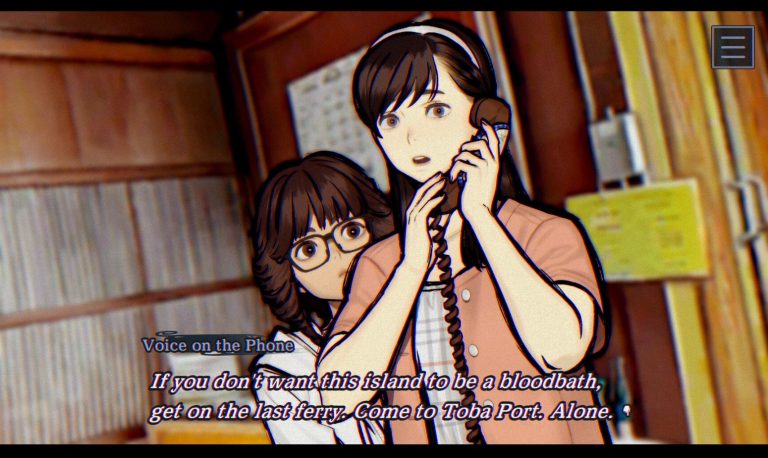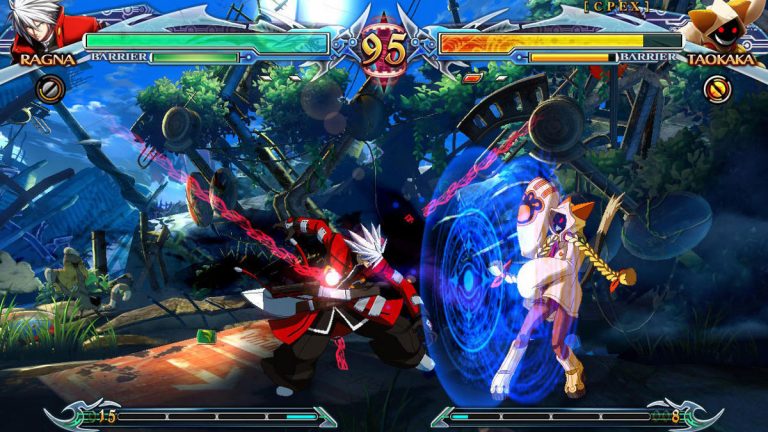A recent report by ITmedia sheds light on just how much Japan’s arcades are struggling, revealing a large number of closures and extremely tight business margins. Multiple factors are contributing to this decline, including the aftereffects of the COVID-19 pandemic, increased running costs and customers’ changing appetites.
According to research by Teikoku Databank, Japan’s arcades have declined by approximately 8000 establishments in the last ten years, with a third of these shutting their doors in the last five years. Over the past 2 years in particular, the total number of annual arcade closures has continued to rise. This is indicative of the big blow that the COVID-19 pandemic dealt to the arcade industry in Japan. With people in Japan encouraged to stay at home where possible and to avoid crowded places from 2020 up to early 2023, many customer-focused businesses shut temporarily or permanently. The state of Japan’s arcades was reported on in many international news outlets in 2022, when industry heavyweight Sega made the decision to pull out of the arcade business after over 50 years (source: Eurogamer).

Over the past decades, it has become increasingly difficult for arcades to attract visitors with video game cabinets. With console ports of many arcade games, as well as the spread of online multiplayer, gamers have less incentive to go out and feed their change into an arcade cabinet. Due to this shift, crane games have become the main source of revenue for arcades, according to ITmedia.
Even so, the profit margins for arcades have become extremely tight. This is due in part to increased operating costs, including rising electricity bills, taxes and even the cost of crane game prizes. Teikoku Databank’s research found that the average operating profit for arcades that were making money was only 6 yen out of every 100 yen spent by customers.
This creates a difficult climate for small to medium sized arcades, with many folding. It has also impacted many long-standing arcades that have a traditional focus on video game cabinets.
However, while video game-focused arcades have been going bankrupt, large chains with branches in shopping malls are expanding. With a greater emphasis on crane games and gacha machines, it seems that their target audience is skewed towards families, whereas traditional arcades in Japan were places where youth culture used to flourish.

To keep attracting customers, many arcades have had to diversify and offer more experiences under the same roof- in the case of video games, many also offer experiences that people can’t easily replicate on their home consoles. This move started in the late 1990s with rhythm games like Dance Dance Revolution and vehicle simulators with realistic cabinets and controls (such as train driving sim Densha de Go!) attracting players to arcades as the experience was superior to playing at home with dance mats or specialized controllers. Nowadays, Japan’s arcades face a bigger hurdle- they must continue to move with the times, while balancing severely tight profit margins.






I can say that that Arcades will always exist in one way or the other, the main problem i think goes down to the fact that a lot have moved away from unique experiences with franchises or even stopped innovating and trying to do something interesting, and have instead moved to easy money that is temporary much like Pachislot. I would argue that the best way to innovate around it is to try and give different experiences on different floors much like Taito has done in certain areas. For example underground is UFO Crane games, Main floor is the arcade, the upper floor is the betting and horse racing games. Also maybe advertising for Indie devs in Japan to make games for new style Arcade Cabinets would help as well. Anything like a STG, VR or something interesting that has not been tapped into as a whole.
Another for electricity costs, i keep wondering why the cities in Japan do not try to help with the costs and try to exchange arcade cabinets to be something that takes up less electricity while also maybe to help these places exchange common electricity for something a lot more efficiency as a whole, maybe solar or wind panels, maybe even a hybrid. It would definitely help the rising costs in one way or the other for both city and business.